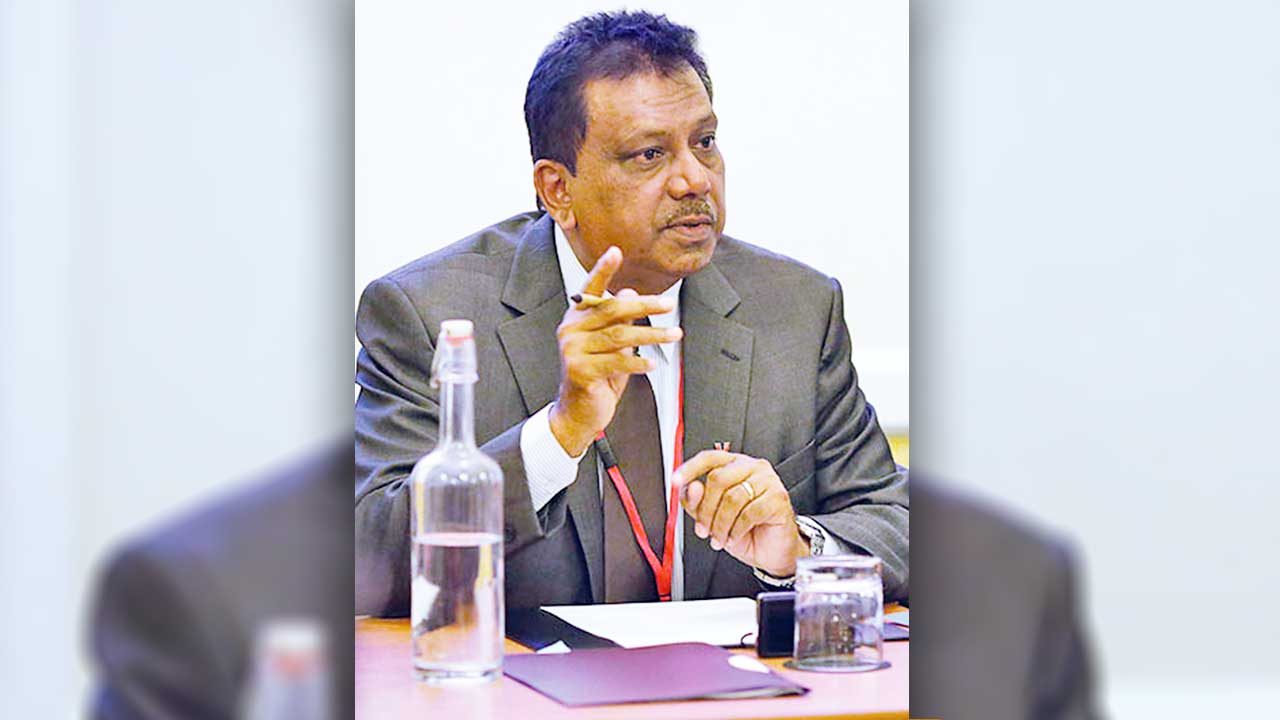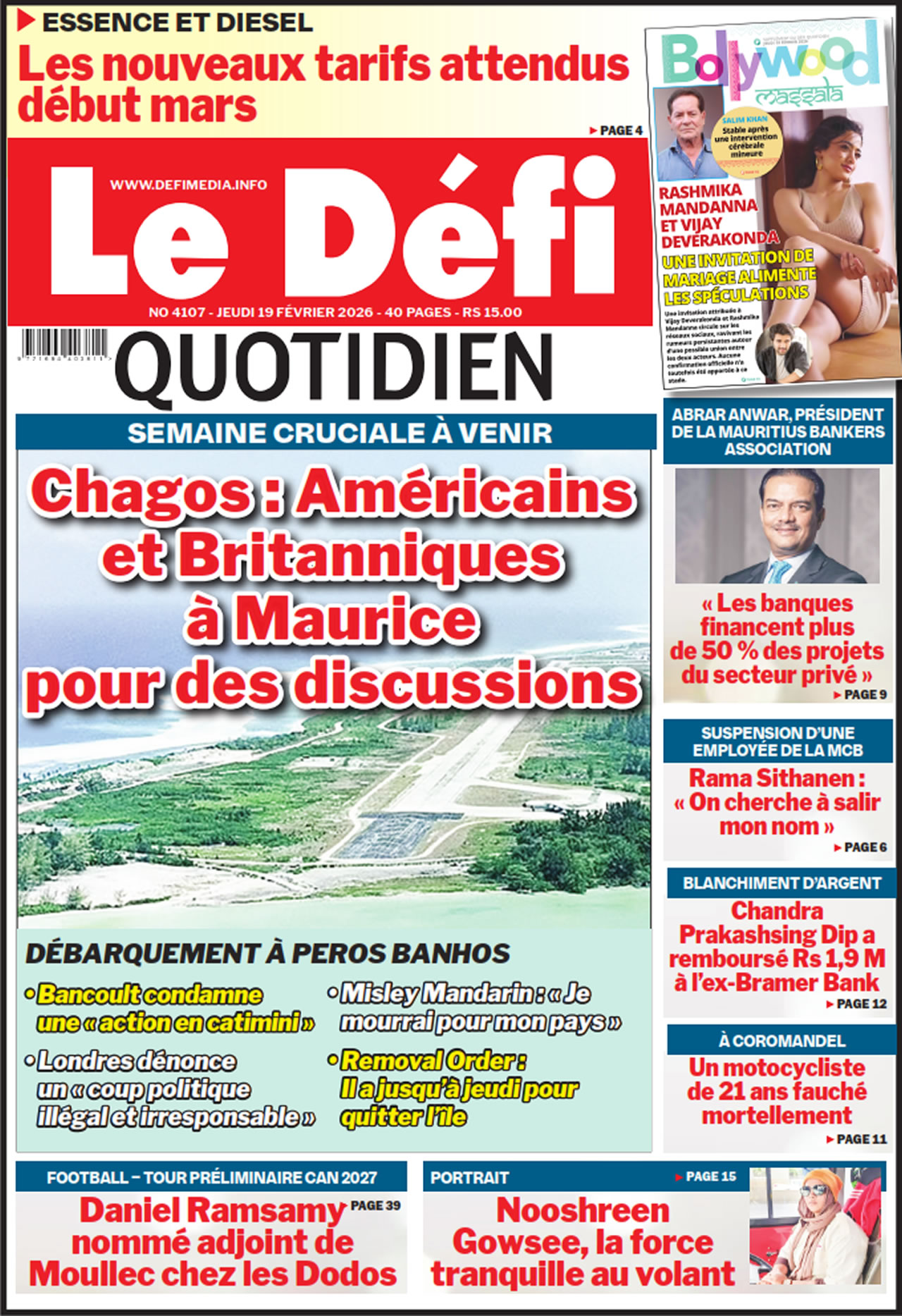
In view of the United Nations Universal Children Day to be celebrated next week, our attention is drawn on the necessity of protecting children while online. The Internet is a useful tool, however, children often are not aware of the risks they face. The Halley Movement has launched a ‘Safe Surfing Campaign’ with an overall objective to promote safe internet use by everybody. Colleges, executives, kids and families are all briefed on safety issues while being online. The president of the Halley Movement, Mahen Busgopaul, gives an insight of these issues and draws attention on the need for digital parenting.
What is digital parenting?
A survey of parents with children aged 13 to 17 shows that parents take a wide range of actions to monitor their children online lives and to encourage their child to use technology in an appropriate and responsible manner. Moreover, digital technology has become so central in teenagers’ lives that a high number of parents now employ a new tool to enforce family rules: “digitally grounding” misbehaving kids. Some 65% of parents have taken their progeny’s cell phone or internet privileges away as a punishment. But restrictions to screen time are not always the consequences of bad behaviour, parents often have rules in place about how often and when their teen can go online. Some 55% of parents say they limit the amount of time or times of day their children can be online.
When it comes to monitoring their child’s digital use and interactions, parents tend to take a hands-on approach to monitoring what their children do:
- 61% of parents say they have ever checked which websites their teen visits.
- 60% have ever checked their teen’s social media profiles.
- 56% have ever befriended or followed their teen on Facebook, Twitter or some other social media platform.
- 48% have ever looked through their teen’s phone call records or text messages.
In addition, nearly half (48%) of parents know the password to their teen’s email account, while 43% know the password to their cellphone and 35% know the password to at least one of their social media accounts. But even as parents use a number of these hands-on monitoring methods, they are relatively less likely to use technology-based tools to monitor, block or track their teen. This is a consistent pattern that has also emerged in previous Pew Research Centre surveys of technology use by parents and teens. For instance, the new survey results show:
- 39% of parents report using parental controls for blocking, filtering or monitoring their teen’s online activities.
- 16% use parental controls to restrict their teen’s use of his or her cellphone.
- 16% use monitoring tools on their teen’s cellphone to track their location.
Halley Movement and Internet Child Safety Foundation, as responsible organisations focussing on the welfare of children, have set the following mission which is targeting Mauritian parents. The Launch Ceremony of Digital Parenting was effected at The Vacoas-Phoenix Municipal Council in August 2016. Another workshop was conducted at the Ferney Community Centre on 31st October for 75 parents. This workshop was supported by resource persons from the US Embassy.
What is a Good Digital Parenting Mission?
A mission empowering parents and telling them that we all want to be good parents and raise our children as well as we can. Shelter them, keep them safe from harm and even expose them to disappointments in moderation so that they can grow up without worries, take their time to learn new skills, and form their own thoughts. Our duty as parents is to protect their childhood, give them the tools to advance in life, and help them to grow up into stable and understanding adults. Children grow up surrounded by technology. For them, “digital life” is just life and as technology has already been integrated into our everyday life, we don’t need to separate digital parenting from parenting. Digital life requires just the same kind of parenting as life in general. We have to guide our children, listen to their worries and concerns, set boundaries, agree on the rules and occasionally enforce these rules.
This Campaign will help and educate parents on the measures they can adopt to protect and guide their children online. To assure that parents have the tools required when their children need their support and guidance. To assure that parents are keeping track and control upon their children, especially those between the ages of eight to 18. Several workshops have been scheduled for Mauritius and Rodrigues Island during 2016-1017.
What are the major dangers on Internet
Inappropriate online content (the child is the passive recipient of harmful material to pornography or sex); loss of contact (the child being urged by an adult or another child to participate in activities, including sexual abuse, which are then photographed and published, it becomes the prey of online grooming for sexual purposes or harassment); and attitudinal harm (the child adopts a risky or abusive behaviour, for example by creating or downloading pornographic material, by physically meeting an adult he met online, by posting pictures of himself or another young, downloading child abuse images or practising harassment.
What are you proposing?
The State should be recognising initiatives focussed towards child welfare by the civil society organisations and encourage community based programmes. It will be beneficial for the State to work with NGOs that have already established linkages at global level and that are being cited as examples both regionally and globally. Internet Service Providers need to assume their responsibility to the users by assisting child safety NGOs to respond to complaints and provide support to initiatives like Helpline Mauritius, which is directly geared towards the beneficiaries. ICT commercial firms will be providing more responsible service to their customers if they complement same with a linkage with NGOs like Halley Movement which can assist them in providing content based guidelines to be shared with their customers.
What is the situation on the global plane?
Challenges still exist at law enforcement level. In spite of global commitments from International instruments and the civil society organisations in the field of child protection, yet much remains to be done.
What is the Vision and Mission of the Halley Movement?
The Halley Movement was founded in 1989 to work for the betterment of children and their families in Mauritius and in Rodrigues. The organisation launched a National campaign in Mauritius to combat Child Battering. This campaign was supported by the Australian High Commission.
 J'aime
J'aime














